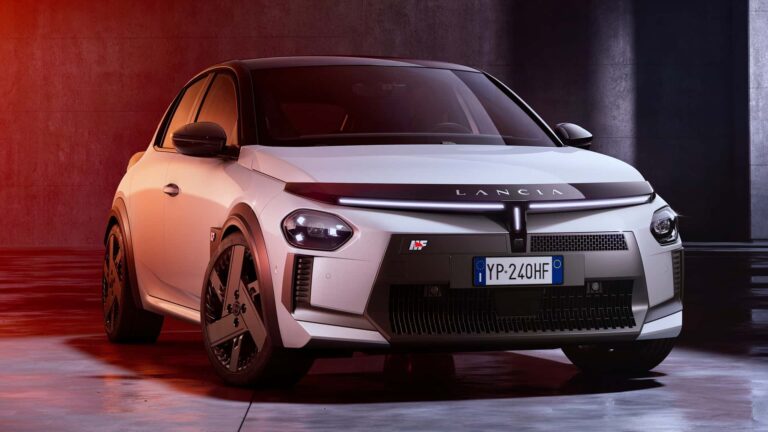In 2021, shortly after the merger between Fiat Chrysler Automobiles (FCA) and the PSA Group was finalized, Stellantis CEO Carlos Tavares made a promise. The head honcho said the automotive conglomerate would invest in all brands for 10 years. Well, the top brass is now saying the management will decide the fate of all 14 companies much sooner.
Speaking at the 2024 Paris Motor Show, Tavares said decisions will be taken 2-3 years from now. When that happens, someone else will be at the helm of Stellantis. As recently announced, the search process to find a new CEO has already started. Tavares’ five-year contract expires in early 2026 and won’t be renewed as the Portuguese businessman will retire. His successor will be announced at the end of 2025.
In the meantime, Tavares told Automotive News that all companies under the corporate umbrella are fully financed through 2026. That seems like an odd thing to say given how Chrysler is down to a single model, the aging Pacifica/Voyager. However, the struggling American brand is gearing up to launch its first EV next year, so there is hope for a revival.
Lancia’s rebirth process starts with a new Ypsilon and will continue in 2026 with the Gamma returning for a flagship model in a fastback flavor. If it sticks around for longer, the troubled Italian marque will launch a new Delta in 2028.
Alfa Romeo intends to launch the next-generation Stelvio in 2025 and Giulia a year later. A larger SUV with gas engines and electric drivetrains to take on the Porsche Cayenne is planned for a 2027 launch and will primarily target the US market.

Dodge has a new Charger lineup and the Alfa Romeo Tonale-based Hornet, with reports stating the Stealth moniker is coming back as an SUV in 2027 to replace the Durango.
Jeep has a whole bunch of new models on the way, including the next-gen Renegade and Compass, both of which are getting EV versions. It’s also planning a “mainstream utility vehicle” to slot below the Grand Cherokee. These vehicles are all coming by the end of 2027.
Ram is currently facing a quality problem, as reported by Tavares himself. Too many freshly built trucks need repairs right after leaving the assembly line. Stellantis is addressing these issues but sales in the US through September are down 24%.
Speaking of brands that are too big to fail, Fiat, Opel/Vauxhall, Citroën, and Peugeot all have busy agendas consisting mostly of mechanically related products. We can’t say the same thing about Maserati since Tavares admitted this week the company “is in the red,” putting the blame on marketing rather than the actual cars.
It’s unclear what the plan is for DS Automobiles, although a new DS9 flagship model is likely to launch in 2025 together with a second model. These two are expected to spearhead a family of plug-in hybrids and EVs, provided DS will be given a chance to prove its worth.
As for Abarth, it’s business as usual by pumping out sportier Fiats. Is that enough? We’ll see.
Managing so many brands must be an absolute nightmare for the people in charge. We won’t be too surprised if the family of brands will be streamlined in the next few years to reduce the risk of overlap.
Read the full article here

